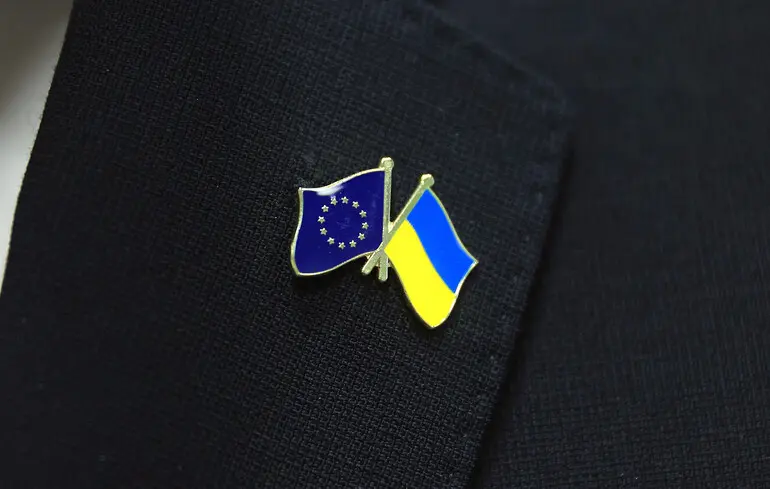Ukrainians Assess Future Prospects: Optimism and Pessimism Amid EU Membership Expectations

According to recent sociological studies, more than half of Ukrainians hold realistic expectations regarding the country’s potential accession to the European Union in ten years.
However, a significant portion of the population remains skeptical, citing corruption and political-economic instability as major obstacles.
The Kyiv International Institute of Sociology published survey results showing that approximately 53% of Ukrainians believe in the dawn of a prosperous Ukraine within the EU, while about 40% view this idea as unlikely or unachievable.
Experts highlight that respondents were presented with several scenarios during the survey, such as Europe’s inability to guarantee reliable security, or promises of support in military and economic spheres without peacekeepers.
Strikingly, additional information about reliance on internal strength or stable European backing had little impact on optimism levels, indicating deep trust or disappointment in European institutions.
The results reveal that over half of Ukrainians still believe in a bright future in a decade, regardless of scenarios, but the level of pessimism tends to increase from west to east, reaching nearly 40%.
On the other hand, a majority (63%) continues to see the EU as a reliable partner, while others believe Europe is exhausted and seeks to stabilize the situation at the expense of Ukraine’s independence.
The study also compared attitudes towards European policies and trust in President Volodymyr Zelensky: among supporters of the president, 64% are optimistic about Ukraine’s future, while only 39% of skeptics share this view.
The most common reasons for skepticism include widespread corruption, dissatisfaction with domestic authorities, and reluctance of the EU to accept Ukraine as a full member.
The survey, conducted among over 1,000 Ukrainians, aimed to uncover their expectations and sentiments regarding the country’s future amid current internal and external challenges.

